Despite widespread obstruction by law enforcement, the ‘March for Justice’ programme was successfully observed across Bangladesh on July 31, 2024. Organised by the Anti-Discrimination Student Movement—which evolved from a quota reform campaign into a nationwide anti-government uprising—the day marked a turning point in the events that eventually led to the ouster of Sheikh Hasina’s government on August 5.
Protests were held in front of and around court premises in Dhaka, Chattogram, Khulna, Rajshahi, Sylhet, Barishal, and other districts, despite heavy police crackdowns. Demonstrators highlighted human rights abuses allegedly committed by the then-government, including enforced disappearances, arbitrary arrests, and violence against dissenters.
In many cities, police used baton charges, tear gas, and sound grenades to disperse demonstrators. Over 100 protesters were detained, and at least 90 individuals—including journalists—were injured.
In Dhaka, students and teachers began assembling near the High Court shrine gate around noon. By 12:30 pm, police had already detained several participants. Nevertheless, protesters continued a three-hour sit-in, joined by teachers including Professor Lutfur Rahman of the Dhaka University White Panel. Lawyers also marched inside the High Court in solidarity.
Another group of students was stopped while attempting to march toward the High Court. They regrouped at Doel Chattar and later held a rally at the Central Shaheed Minar.
At Jahangirnagar University, faculty and students marched under the banner of the anti-discrimination movement, holding rallies and a signature campaign near Mahua Chattar around 1:00 pm.
In Sylhet, police blocked the protest route and used force to disperse participants. Around 20 students were reportedly injured in the clashes.
That day, two factions of the Supreme Court Bar Association held separate press briefings, reflecting divisions over the ongoing unrest.
Internationally, the European Union postponed the first round of partnership talks with Bangladesh scheduled for September, citing the deteriorating political situation. Meanwhile, reports emerged that several ministers and MPs had left the country. Flights to destinations including the US, UK, Canada, Singapore, and India were reportedly booked in large numbers by influential individuals.
Access to social media platforms, which had been restricted earlier, was restored after 3:00 pm.
The United Nations Human Rights Office expressed serious concern over the use of excessive force and arbitrary arrests during the protests. In a letter to Prime Minister Sheikh Hasina, UN Human Rights Chief Volker Türk urged urgent reforms in the security sector.
Former DUCSU leaders and members of the 1990s student alliance demanded the immediate release of six central coordinators of the movement detained by the Detective Branch (DB).
US Senators Ben Cardin and Cory Booker condemned the use of force on student demonstrators, calling on Bangladeshi authorities to respect democratic rights.
On the same day, Indian High Commissioner Pranay Verma met Sheikh Hasina at Ganabhaban, where she alleged that protesters were attempting to engineer a crisis similar to Sri Lanka’s. Later, she visited Kurmitola General Hospital to meet the injured.
According to reports, over 10,700 individuals had been arrested nationwide by that date. Between the night of July 30 and the following afternoon, 341 people were detained, bringing the capital’s total to 2,950.
In a significant development, Dhaka DB chief Md Harun-or-Rashid was removed from his position and reassigned. He was replaced by Additional Commissioner Ashrafuzzaman.
A three-member UN delegation, including UN Resident Coordinator Gwen Lewis, met with Law Minister Anisul Huq and Home Minister Asaduzzaman Khan to assess the situation and seek a timeline for the restoration of normalcy.
That evening, student leaders announced a new programme for August 1 titled “Remembering Our Heroes,” which would include tributes to those injured or killed. The day was to feature wall art, graffiti, and storytelling to honour victims of state violence.


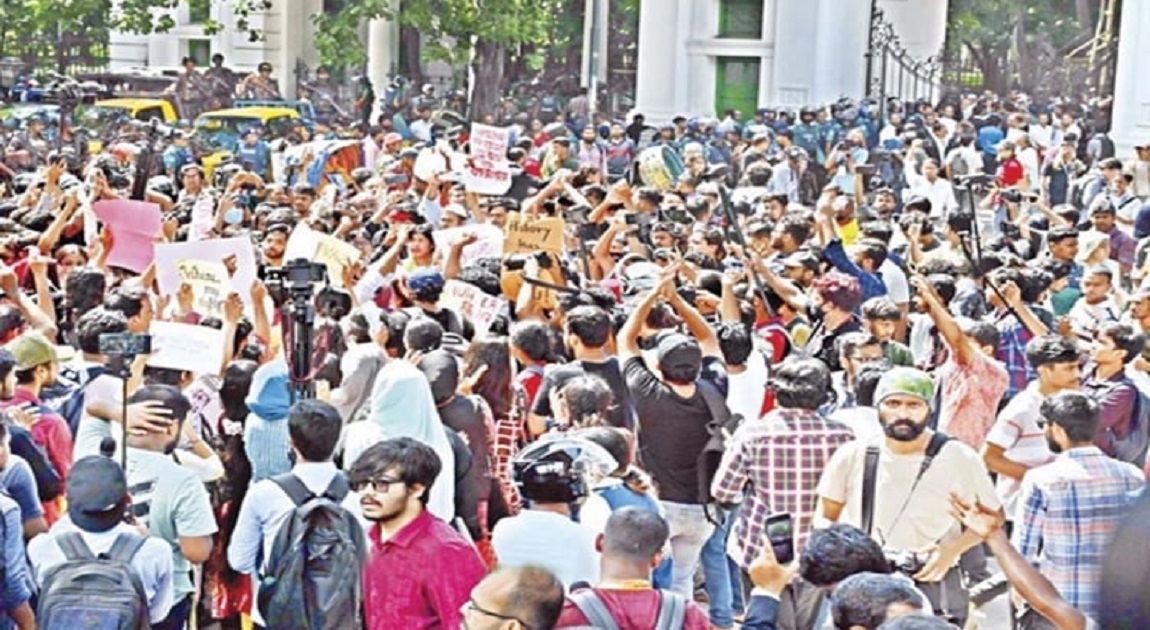

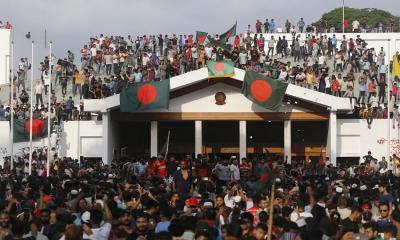
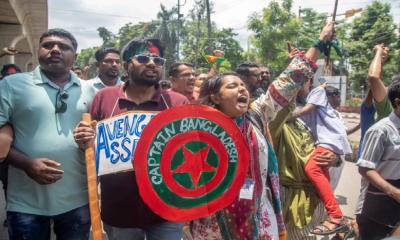
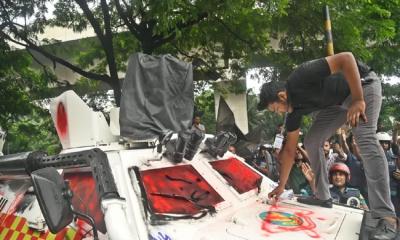
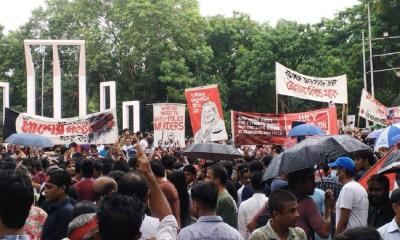
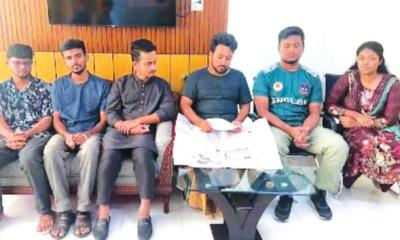
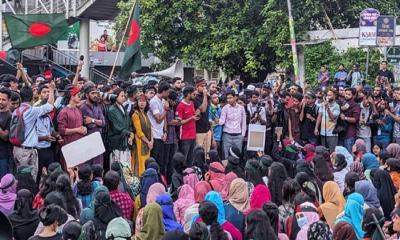
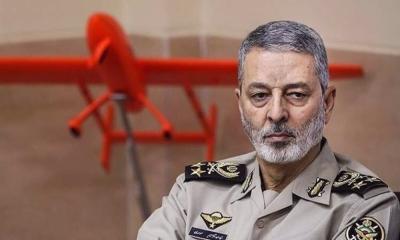

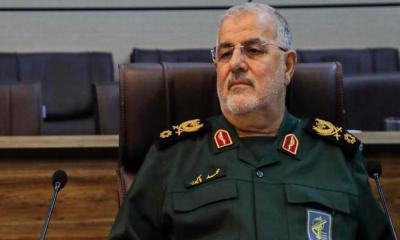
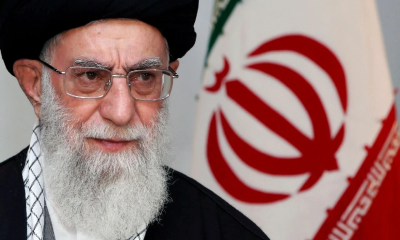
-20260301064029.webp)
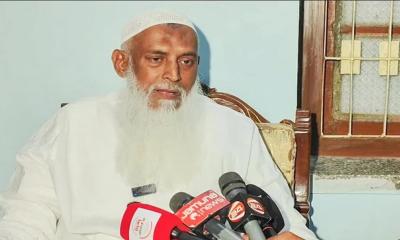
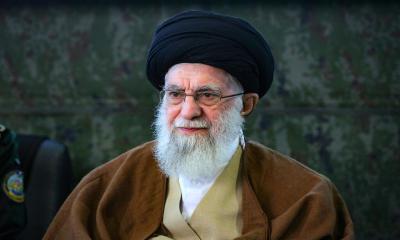
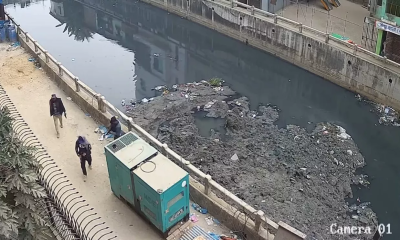
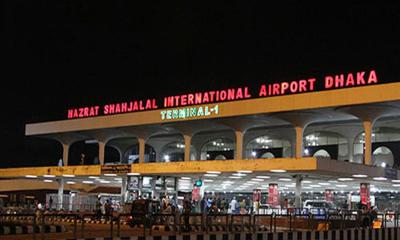

-20260228080513.webp)
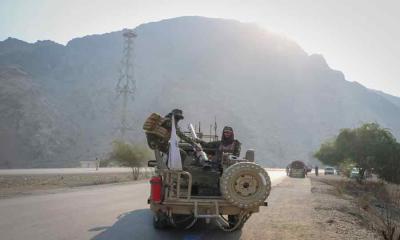
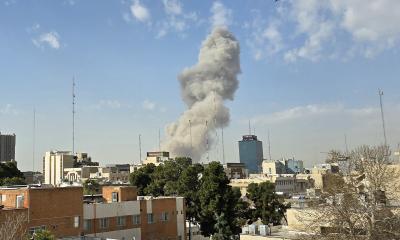
-20260228064648.jpg)
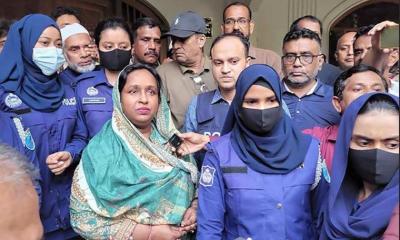





-20260224075258.webp)






-20260225072312.webp)

